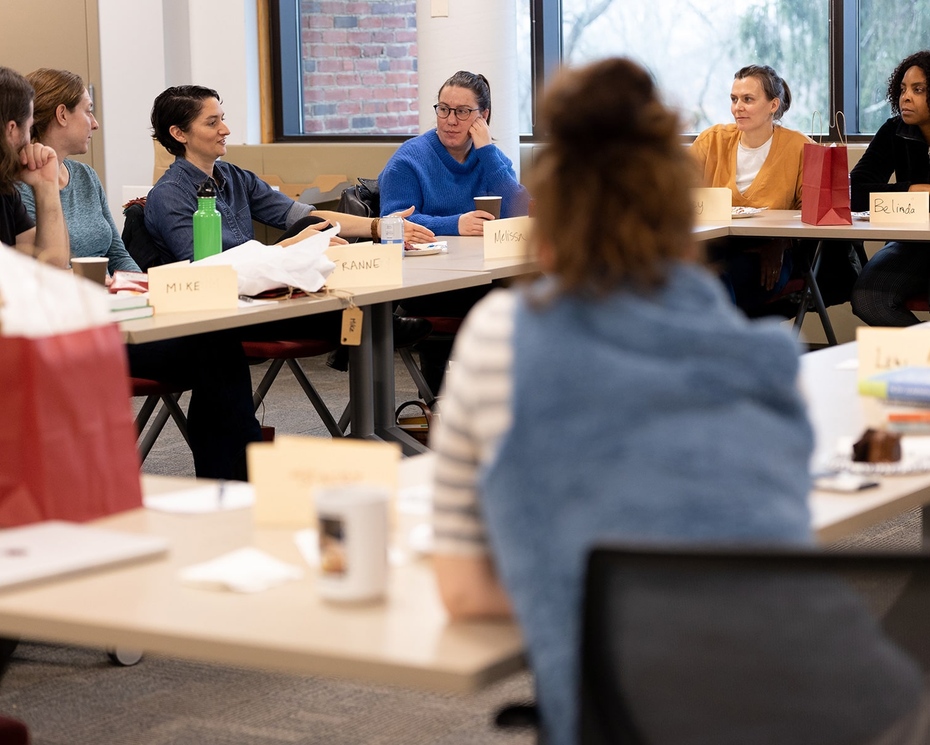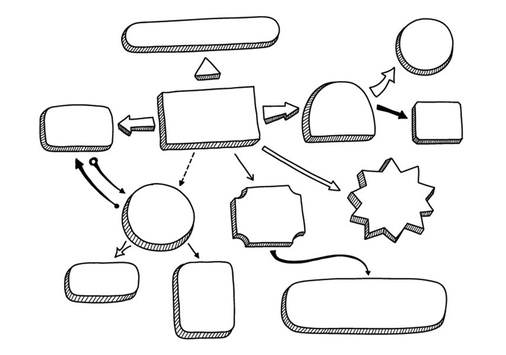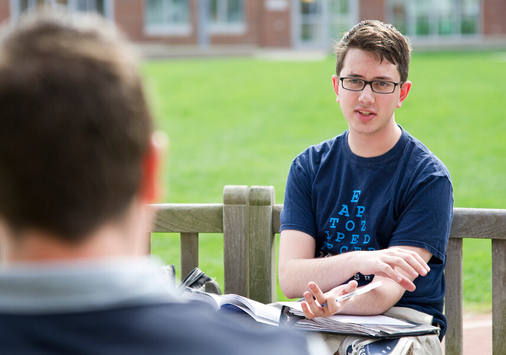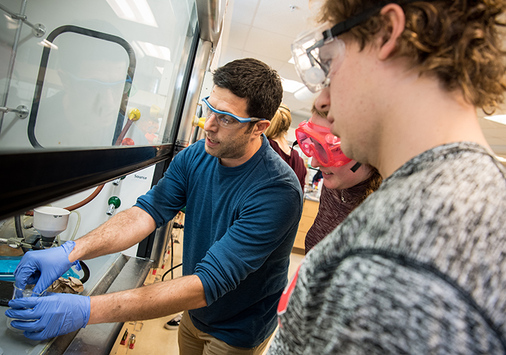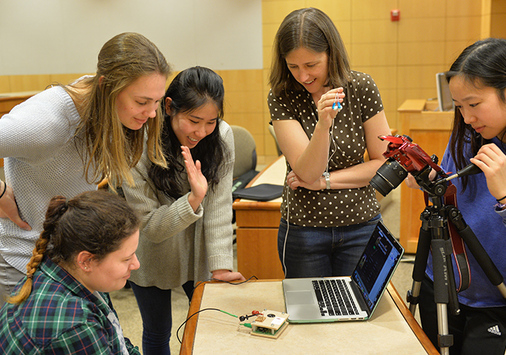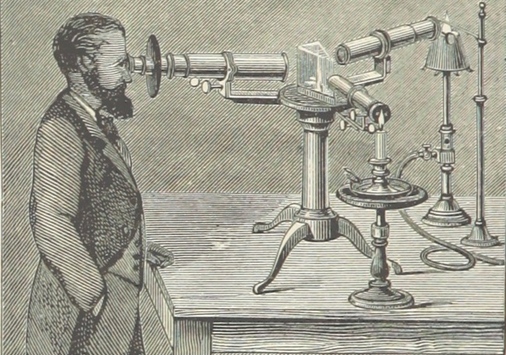I have always grappled with traditional high-stakes written exams. While they can evaluate certain types of understanding, I am always looking for alternative modes to assess what my students have learned and how they can apply that knowledge in novel ways.
The opportunity to engage in remote learning enables me to examine these issues through a fresh lens.
For my Psychopharmacology course this semester, I will divide my course into four units that follow the natural progression of the course. Rather than a “traditional” test at the end of each unit, I will ask each student to respond to three or four essay questions, with each response being ½ to one full type written single-spaced page. These questions may include a response/reaction to a TEDx talk or other video (for example, a TEDx talk addressing the opioid crisis or a 20-minute video describing the first-hand experience of patient treated with an anti-psychotic medication), or the analysis of an original important paper in the field; both types of questions will require that students apply what we have read or discussed in class in new ways.
One of the things I love about teaching this course is the integration of basic science (pharmacokinetics, for example) with broader issues addressing cultural and societal views of drugs and drug use.
In the final segment of the course, we will be reading Tastes of Paradise: A Social History of Spices, Stimulants and Intoxicants by Wolfgang Schivelbusch, a short, easy-to-read paperback, which provides an historical analysis of how our conceptions of drugs have changed over the centuries, including how religion contributed to the “male only” coffeehouses of Europe, the opium dens of 19th century China, and the use of hallucinogens in Native American traditional ceremonies.
For one final exam question, I may ask students to apply what they have learned over the course of the semester to predict the future and write what the next chapter might look like in an edition of the book if it were to be published in 2050. Part of the final will also include a videotaped five-minute oral presentation (the class fulfills the Oral Communication requirement), the third oral presentation required of students for the class. In addition, students will be asked to identify one issue or question in Psychopharmacology that is important to answer in the next 10 years, to provide a brief overview of what is currently known about the topic and why it would be important to answer the question going forward.
